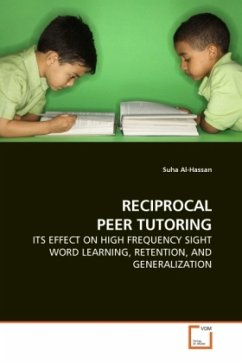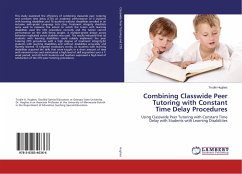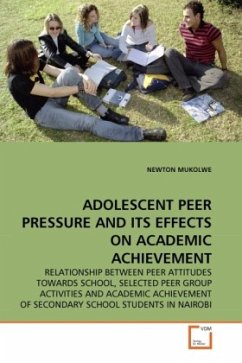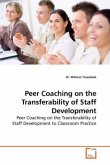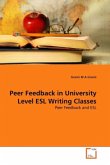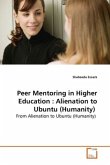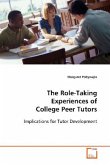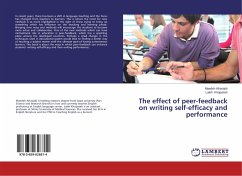This book examins the effects of reciprocal peer tutoring as a supplemental teaching method to the more traditional teaching method that teachers are using in classrooms to teach high frequency sight words.Peer tutoring has been demonstrated to be successful in promoting the academic and social skills of general education and special education students. Ten first- and second-grade students from an urban elementary school participated in this study. All students were typically developing children designated by their teachers as academically at-risk. A reciprocal peer tutoring model was used allowing each student to be both tutor and tutee. A multiple baseline design across students was used to analyze the effects of peer tutoring on sight words learned, maintained, and generalized. Data was collected on the weekly pretests, number of words learned, number of words maintained from the previous week, and number of words generalized where students were asked to read sentences that included the words learned.Results showed that participants learned, maintained, and generalized more words during the peer tutoring condition.
Bitte wählen Sie Ihr Anliegen aus.
Rechnungen
Retourenschein anfordern
Bestellstatus
Storno

